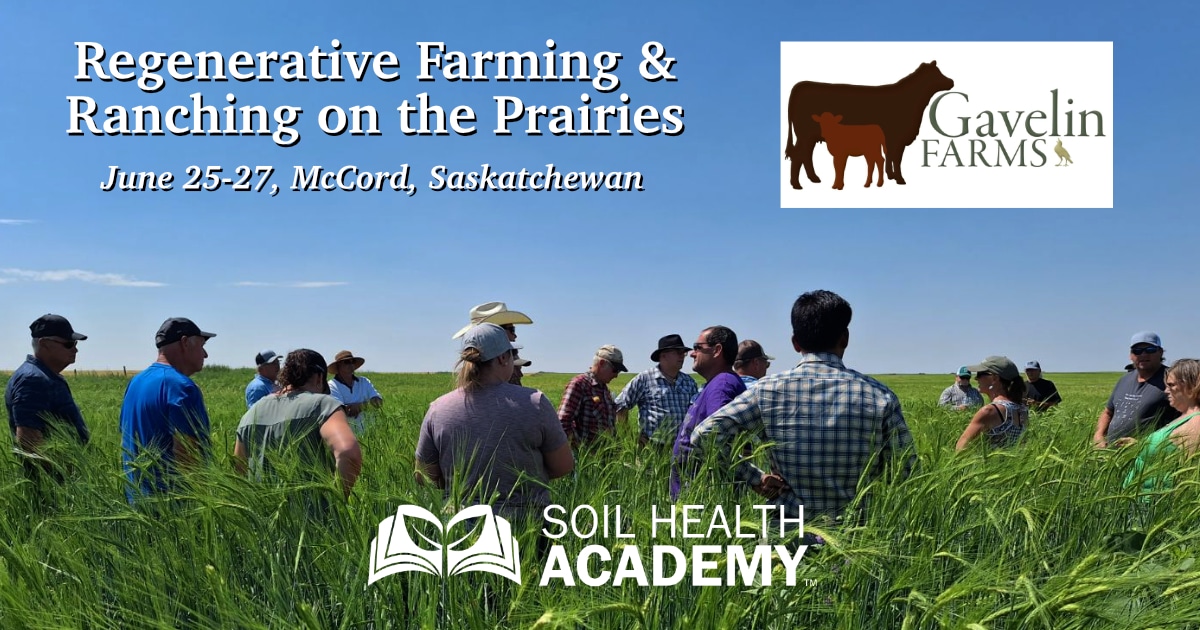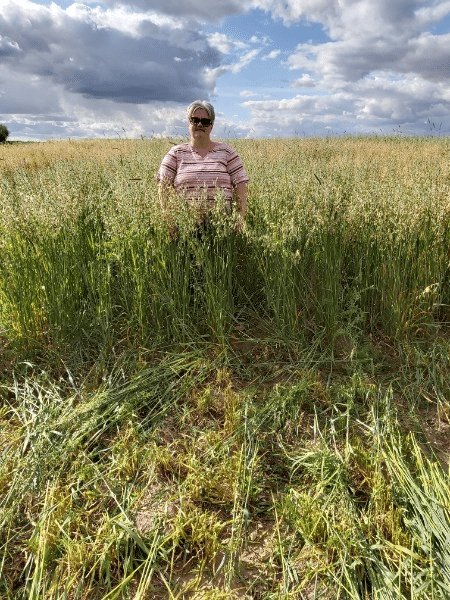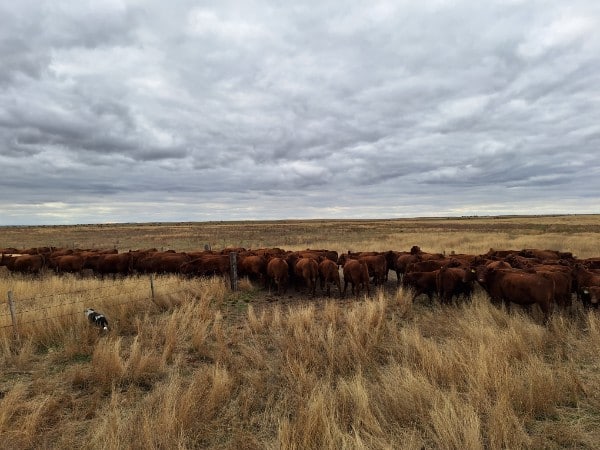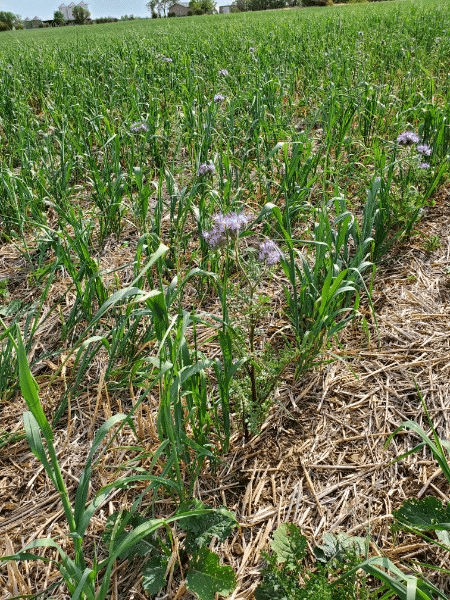
Who Should Attend?
Anyone that wants to take their farm to the next level. This course will examine different aspects of regenerative farming, soil health, plant health, and animal health. Hands-on experience will be heavily emphasized.
This is a power-packed three days that will change your operation. It is taught by highly experienced regenerative farmers.
The class will be limited to 50 registrants, so don't wait until the last minute to register!
What You Will Learn
- Reduce chemical fertilizers and
pesticides - Reduce labor & machinery costs
- Improve resiliency of your farm or ranch
- Build plant, animal, and beneficial insect diversity
- Enhance grazing productivity and efficiency
- Make farming and ranching fun and profitable
June 25-27, 2024
Tuition of $1,375 (USD and CAD) includes:
- Regen Ag 101 course ($499.00 value), which we would like you to complete prior to the first day of class;
- In-person attendance at the SHA school, as well as course materials, snacks, water and lunch each day; and
- Access to future scheduled conference calls with the instructors.
About the Farm
Gavelin Farms, under the stewardship of Calvin and Marla Gavelin along with their daughters Rhys(12) and Quinn(11), stands as a testament to a transformative journey that began seven years ago. Motivated by the desire to continually bring NEW and IMPROVED products to families, the farm has undergone a deliberate and noteworthy shift toward a Regenerative approach in cultivating crops and raising animals.

Calvin at Prairie South Holistic Management field day - Credit Melissa Bezan, Canadian Cattlemen
In the last 3 years, over 225 people had the opportunity to tour Gavelin Farms, a testament to the farm's commitment to transparency and education. Actively participating in the Living Labs Initiative further underscores their dedication to collaborative efforts aimed at perpetual improvement.
The Gavelin family's connection to the land runs deep, with the farm being homesteaded in 1908. Calvin and Marla, now the third generation to farm this land, have embraced their role as stewards of the land, making decisions that propel the farm forward and contribute to the broader community.
Since 2021, Gavelin Farms has also ventured into direct marketing of beef, sharing the fruits of their regenerative practices with a wider audience. Each decision made at Gavelin Farms, from soil management to animal care, is a carefully crafted step toward a greener, more sustainable future.
The Regenerative Approach, true to its name, involves a constant adaptation to change. It employs diverse management styles as the farm collaboratively strives towards the shared objective of perpetual improvement. The phrase "stewards of the land" has never been more fitting for Gavelin Farms.



Gavelin Farms invites you to join them on this journey—a journey where the principles of regeneration guide every action, and the result is not just superior beef but a thriving, regenerative ecosystem for generations to come.
Scholarship Money Available
We are committed to helping you finance this educational experience. We encourage anyone with interest to apply. If you want to attend one of our 3-day events, you are eligible for a scholarship.
In addition we will be giving special consideration to the following:
- Students
- Families or farms with more than one person attending
- Past SHA students
- Veterans
- Agricultural educators and influencers
- Minority, tribal, women and historically underserved individuals
Educators
Sorry, we couldn't find any posts. Please try a different search.
Classroom Location
McCord Community Hall
McCord, SK Canada
Farm Locations
Gavelin Farms
McCord, SK, S0H 2T0, Canada
Hotel Information
Grasslands Inn
101 SK-18
Mankota, SK, Canada
The Flying Goose Inn
42 Main Street
Lafleche, SK S0H 2K0, Canada
Camping options are also available. Please reach out to info@soilhealthacademy for more information if you are interested in camping.
Closest Airport
Regina International Airport (YQR)
5201 Regina Ave
Regina, SK S4W 1B3, Canada
306-761-7555
